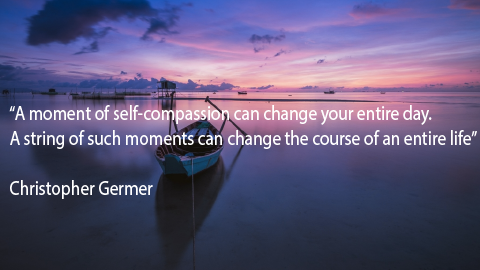No process of bereavement is easy. The circumstances surrounding the death of a loved one can make life far more difficult, especially if we lose someone unexpectedly or in a shocking way, such as the death of a child or bereavement that follows the death of someone we love by suicide. A strong sense of loss can also develop after a relationship breakdown, redundancy, or after diagnosis of life-limiting health conditions.
Talking to those around us can be difficult as we may sometimes put a time-limit on our sense of grief and fall into a trap of self-blame if we use thoughts such as ‘I should be over this by now’. We may struggle to confide in others honestly about the impact of grief. We may be too busy looking after and protecting others to allow ourselves the time and space to feel the pain of a loss.
We may struggle to understand feelings of loss and how to minimize them. However painful our loss, when we can sit with someone who hears and understands this pain, things begin to shift. We can learn over time to reflect, explore and accommodate the impact of a loss that changes our lives. You may find talking to an independent person like a counsellor in confidence will support and help you;
- Deal with the challenge of coping with responsibilities every day
- Work with complicated feelings of anger, sadness, anxiety and guilt
- Prioritize self-care; learn to nurture yourself in body, mind and spirit
- Come to appreciate the joy of the moment and to look forward with hope.
“A moment of self-compassion can change your entire day. A string of such moments can change the course of an entire life”
Christopher Germer

